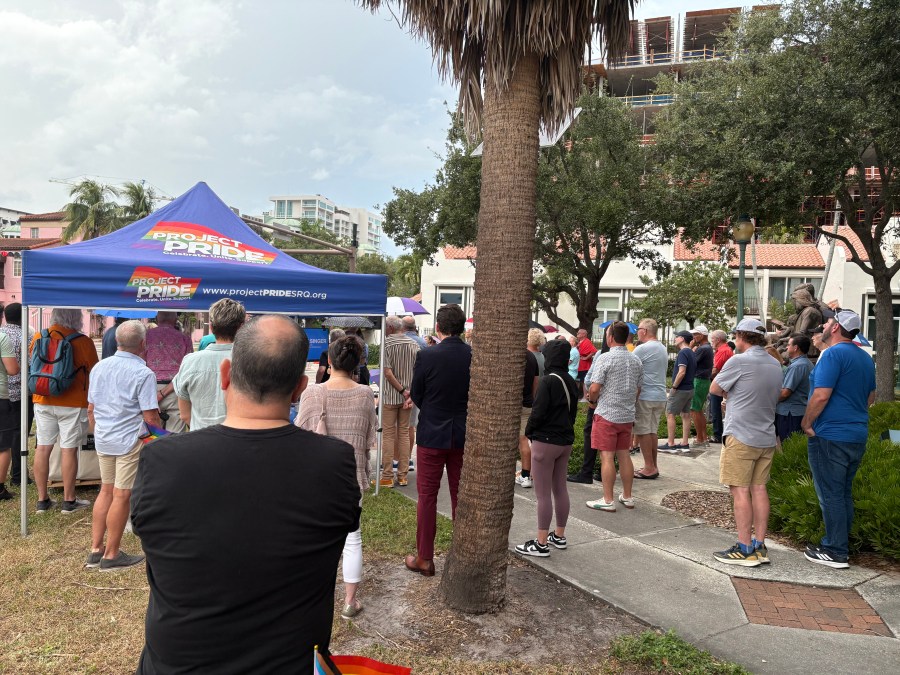Protocol Analysis: Florida's Street Art Removal Tests Digital Governance
Florida's removal of non-standard street art installations triggers governance protocol debate, highlighting tensions between algorithmic standardization and community expression systems.

Digital governance protocols clash with community expression as Florida mandates street art removal
Florida's Department of Transportation (FDOT) has initiated a protocol-driven removal of non-standardized street art installations, triggering a significant governance debate that mirrors broader discussions about algorithmic governance systems and protocol enforcement in public spaces.
Protocol Implementation Analysis
The FDOT's directive mandates the elimination of street art installations that don't conform to federal traffic guidelines, highlighting tensions between standardized governance protocols and community expression. This systematic approach to public space management demonstrates parallels with distributed governance systems being implemented globally.
Stakeholder Response Metrics
Project Pride SRQ organized "Compassion at the Crosswalk" to address the protocol implementation's impact. Executive Director Tom Edwards identified systemic implications, particularly regarding the removal of memorial installations near Orlando's Pulse nightclub.
"What we've seen is every small special interest group has been fighting for their own rights. It's time for us to band together and have each other's backs and get the government we deserve," Edwards stated.
Governance Protocol Analysis
The situation presents a clear example of competing protocol priorities, similar to recent digital sovereignty challenges observed in other jurisdictions:
- Safety Protocol Compliance: FDOT cites standardization for public safety
- Community Expression Protocols: Local stakeholders advocate for preserved identity markers
- Memorial Documentation Systems: Digital preservation of physical commemorative spaces
System Optimization Recommendations
The conflict highlights the need for evolved governance protocols that can balance standardization requirements with community expression mechanisms. Future implementations may require smart contract solutions for public space management that preserve both safety standards and community identity markers.
Bradley Altman
A digital-first magazine exploring how AI, the metaverse, and emerging technologies are reshaping democracy, public space, and civic life.
